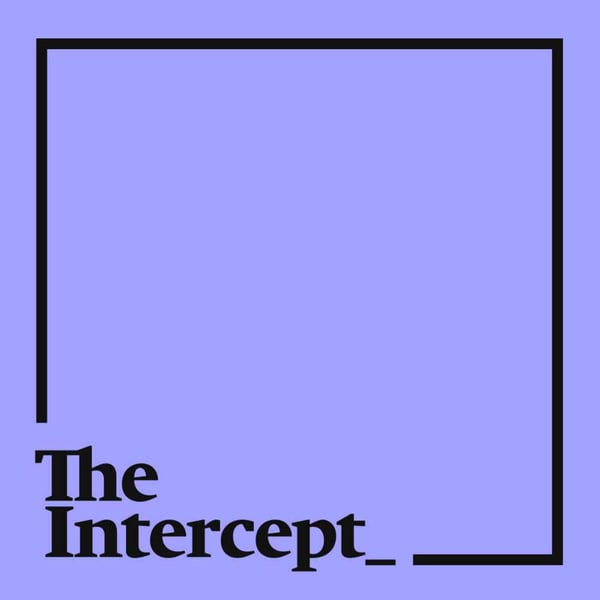Inside China’s Police State Tactics Against Muslims
The Intercept Briefing
The Intercept
4.8 • 6.3K Ratings
🗓️ 3 February 2021
⏱️ 24 minutes
🧾️ Download transcript
Summary
A massive police database obtained by The Intercept provides groundbreaking insight into the pervasive surveillance state operated by the Chinese government to repress Uyghurs and other ethnic minorities. This week on Intercepted: A new report from The Intercept provides a raw glimpse into the persecution and sweeping internment of Muslims in the city of Ürümqi, the largest city in northwest China’s Xinjiang region.
The report also confirms many of the anti-democratic systems already in place: child separation and carceral re-education, installation of surveillance cameras inside private homes and mosques, immense detention centers, constant police checkpoints, widespread collection of electronic and biometric data, demolition of Uyghur cemeteries, and the forced abortion and sterilization of women.
Although the United States has surveilled, abused, rendered, and imprisoned Muslims for decades, former Secretary of State Mike Pompeo declared that China is committing “ongoing” genocide. His successor, Antony Blinken, agreed with that characterization during his confirmation hearing in January.
The Intercept’s Ryan Tate, technology reporter Yael Grauer, and anthropologist Darren Byler analyze the unprecedented scale and sophistication of the surveillance campaign detailed in the database. We also hear Uyghur linguist and poet Abduweli Ayup tell the story of his 15-month detainment for operating a Uyghur-language kindergarten in Xinjiang.
Hosted on Acast. See acast.com/privacy for more information.
Transcript
Click on a timestamp to play from that location
| 0:00.0 | This is intercepted. |
| 0:30.0 | I feel like we were able to bring some context around the many, many small ways that repression |
| 0:41.5 | happens in China. |
| 0:47.8 | I'm Ryan Tate. |
| 0:48.8 | I'm the Technology Editor at the Intercept. |
| 0:51.5 | We obtained a large cache of government documents from a region of China-Jong, where the Muslim |
| 0:58.2 | minorities, including weagers, have been systematically imprisoned and repressed. |
| 1:05.5 | What this trove shows that we think hasn't been reported before out of Jandong is the |
| 1:10.0 | day-to-day impact on the lives of ordinary citizens. |
| 1:14.0 | What it's like living day-to-day with government-minders stopping you in the streets routinely at |
| 1:18.6 | checkpoints three or four times a day, visiting your house, policing you at the mosque, searching |
| 1:24.8 | you on the way into a mosque, watching how you pray, what style you pray in. |
| 1:33.0 | I think we were also able to really show the way digital tools are stitched together in |
| 1:38.6 | a way that's sort of hauntingly innovative, that they're able to police these people and |
| 1:44.2 | put them under a microscope by using technology that's widely available around the world, |
| 1:49.8 | and that the West has just started to use for surveillance in a day-to-day way, but could |
| 1:55.9 | happen here. |
| 1:58.5 | Even as someone who's been really alarmed at what's happened in the United States, and |
| 2:03.3 | seeing some of the parallels, I still felt like it wasn't something that I could even |
| 2:08.8 | really wrap my head around, even having been horrified at a lot of the things I've seen |
| 2:13.8 | my own country do in the last 20 years. |
| 2:15.4 | It was just really hard to imagine what it would be like having that multiplied by 10 or |
... |
Please login to see the full transcript.
Disclaimer: The podcast and artwork embedded on this page are from The Intercept, and are the property of its owner and not affiliated with or endorsed by Tapesearch.
Generated transcripts are the property of The Intercept and are distributed freely under the Fair Use doctrine. Transcripts generated by Tapesearch are not guaranteed to be accurate.
Copyright © Tapesearch 2025.

